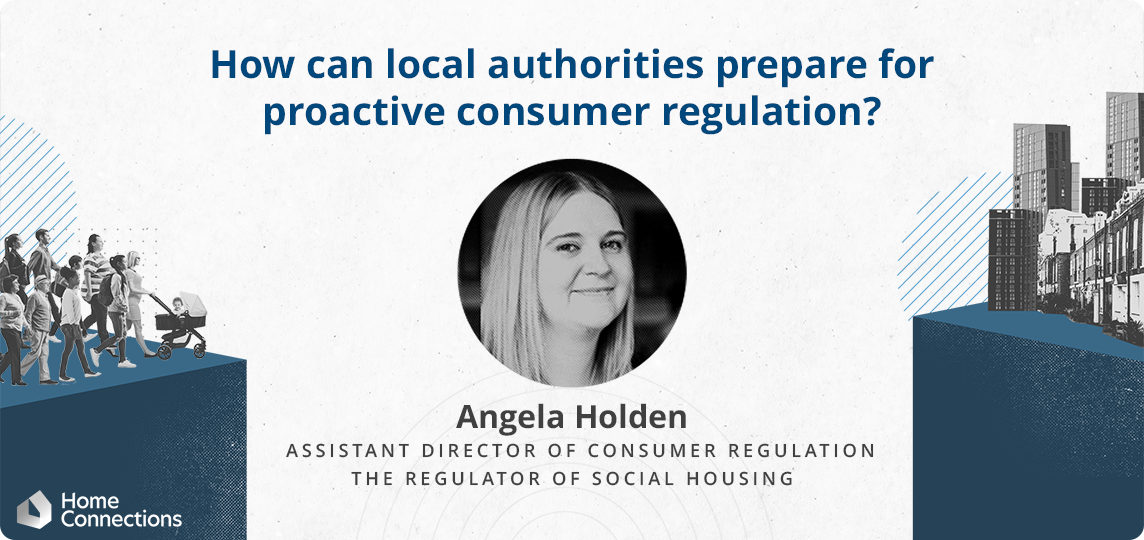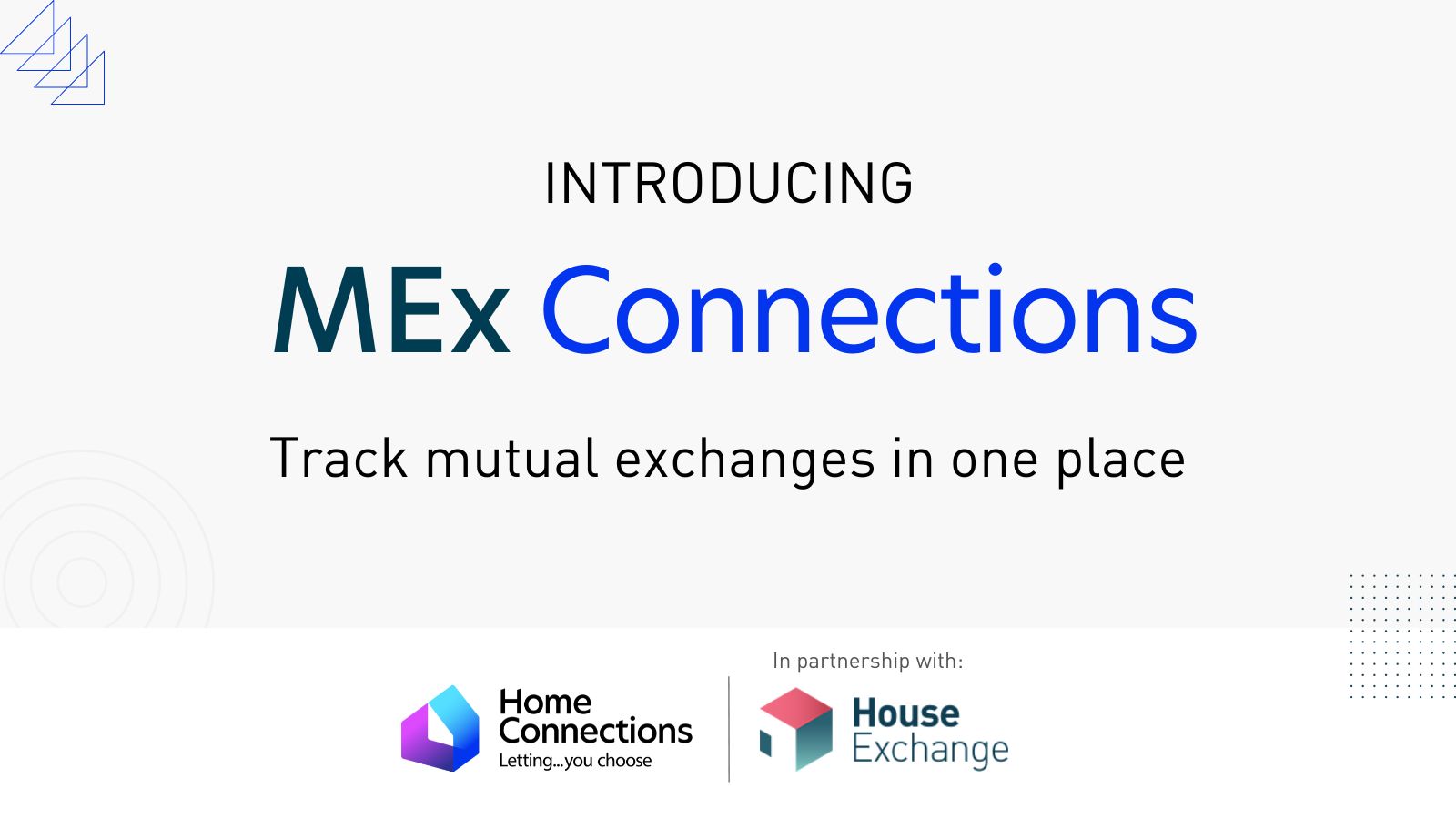How can local authorities prepare for proactive consumer regulation?

The Social Housing Regulation Bill is now in Parliament and it will change the way we at Regulator of Social Housing (RSH) regulate all registered providers – including local authorities with retained council housing.
The vision in the Bill is to recalibrate the relationship between tenants and landlords, with a focus on the safety and quality of homes as well as fairness and respect for tenants.
For us, this will mean a shift to proactive consumer regulation. At the moment we regulate consumer standards on a reactive basis. This means we can only investigate issues when they are referred to us. In the future all large registered providers, including local authorities, will need to provide evidence that they comply with our standards. And if registered providers don’t comply, we’ll take action. We’re in the process of updating our standards to align with the Bill and we will consult on the draft standards next year.
We’re already building constructive relationships with local authorities – not least through our current rent regulation which came into effect in 2020, and our ongoing reactive consumer regulation work. And it’s clear from our conversations with council executive teams across the country that there’s growing awareness of the Bill and the positive and important changes it will entail. We’re really grateful for all the useful insights, feedback and questions that local authority colleagues are giving us.
So how can local authorities prepare?
Here are some of the key questions to ask of your organisation now:
- As leaders, do you facilitate a culture where issues can be surfaced and solved rather than buried? Transparency and openness are central to the way we regulate, and they should permeate your culture too. We expect providers, including local authorities, to refer themselves to us when they find a potential breach of the standards. And we expect providers to put things right for their tenants promptly and effectively.
- Do you comply with our current consumer standards? Our 2022 Consumer Regulation Review sets out all the breaches to our consumer standards over the past year. It’s important reading for all providers, and reinforces the point that problems can occur in any organisation. Can you be certain your organisation is free of these issues?
- Do you have good, accurate data to evidence your compliance? We’ll want to see high-quality data on stock condition and health and safety compliance. We’ll also want to know how your organisation responds to tenants’ diverse needs. This means having data to know whether, for example, different groups are less satisfied than others, and the reasons for that. And, if so, having an action plan for improvement. Could you provide this if we asked tomorrow?
- Are you giving your councillors the right information to enable them to make strategic decisions and hold you to account? This comes back to culture and data – without transparency and accurate data management, how can council leaders and portfolio holders ensure good performance?
Proactive consumer regulation is coming and you have the opportunity to help us shape it. But it’s important that, where change is needed, you act now before running out of time.

Angela Holden
Assistant Director of Consumer Regulation at the Regulator of Social Housing
Angela will be joining us for our Connected Housing Webinar for her section "Social Housing Regulation Bill: Meeting demands, reshaping consumer legislation and delivering a positive complaints culture". The webinar will be held virtually on the 27th October 2022. Reserve your spot for free here.

















